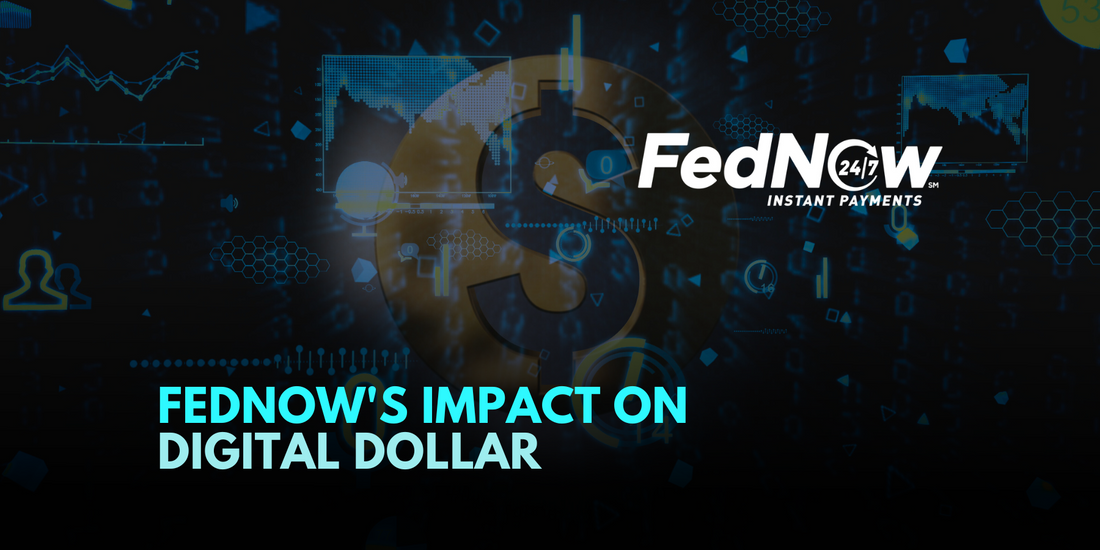
FedNow Launch Sparks Digital Dollar Speculation
The U.S. Federal Reserve has recently introduced its instant payments service, FedNow, which has raised speculation about its potential implications for a central bank digital currency (CBDC) in the country. While the Fed denies any direct connection to the digital asset space, experts believe that FedNow could lay the groundwork for a future CBDC, leading to discussions about privacy and control risks associated with a digital dollar.
FedNow aims to revolutionize payment processes within the U.S., providing almost instant transfers compared to the current timeframe of a few hours or days when sending money from one account to another. The service operates 24 hours a day, making it possible to move money easily and quickly at any time, even outside of traditional banking hours.
Crypto enthusiasts view the FedNow launch as a validation of the digital asset industry's key goal: enabling seamless and rapid money transfers. While the system is not a digital token or a CBDC itself, experts like Jim Bianco, president of Bianco Research, point out that it can be a crucial step in facilitating the creation of a CBDC.
However, concerns surrounding CBDC development are also relevant to FedNow. Lawmakers and political leaders, especially among Republicans, fear that a CBDC could be subject to government surveillance and transaction censorship. Florida Governor and GOP presidential hopeful Ron DeSantis have openly opposed a CBDC, viewing it as a form of "government-sanctioned surveillance."
Dave Weisberger, CEO and co-founder of CoinRoutes, warns that if FedNow were to evolve into a programmable CBDC, it might be used to block payments for government-disapproved items or exclude individuals deemed threatening to governing authorities. This potential scenario raises concerns about dystopian outcomes.
The Federal Reserve officials have been exploring the idea of a government-issued digital currency, and Fed chair Jerome Powell has been supportive of the exploration process. Central banks worldwide have also been preparing for CBDCs, emphasizing the benefits they could bring.
However, critics, including some banks, express skepticism about FedNow. They criticize the lack of a clear leadership structure or business plan, particularly considering that the system is funded by taxpayers. Additionally, some banks have incorporated slow payments into their business models, leading to reservations about the new instant payment service's potential impact on their operations.
In conclusion, the launch of FedNow by the U.S. Federal Reserve has triggered speculation about its implications for a potential central bank digital currency. While the service itself aims to revolutionize payment systems and operates independently from digital tokens or CBDCs, experts believe it could pave the way for a future CBDC. As discussions around privacy, control, and potential censorship risks continue, the digital dollar remains a topic of interest among policymakers, experts, and the crypto community.
